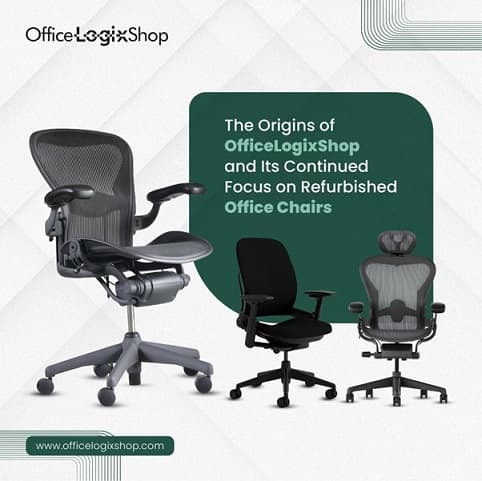
The creator economy is thriving and it will undoubtedly alter the future of podcasting
(Scotland, UK, 23 March 2022) Podcasting authority, The Podcast Host released a report today exploring the opinions of content creators on tech usage, distribution strategy and the podcasting giants.
The ‘Do podcasters actually care about RSS, bitrates or loudness?’ report surveyed 537 content creators to uncover the wants and needs of the global podcasting industry.
The report highlights strong differences between experts and novices on some of the current hot topics in the creator economy. Nearly 40% of expert content creators (5+ years experience) think that NFTs should have no place in podcasting where nearly a quarter of novice content creators (aspiring to 4 years) think it does. Amongst those respondents that started podcasting for business reasons 36% believe NFTs have a place in podcasting while 36% of those with a more altruistic motive believe they should not have a place in this space.
Perhaps unsurprisingly, over three quarters of novices find the use of social media key to growth of their podcast. Which might explain the difference between the two groups in terms of the importance of the RSS feed. 67% indicate that the RSS feed is what defines a podcast while 40% of novices do not feel strongly about this and deem social media and YouTube valid distribution sources.
In terms of technology 60% of the experts have a set loudness level (LUFS) for their podcast and nearly 80% has a bitrate (the amount of data being transferred into audio) preference. Interestingly, 30% of novices seem completely indifferent towards LUFS (Loudness Units relative to Full Scale) and 43 % towards bitrates. Nearly 30% of novices uses podcast web-apps such as Alitu to automate their tech standard vs a mere 17% of the experts.
The Podcast Host’s findings come amid a boom in the creator economy, the number of podcast episodes available on hosting platforms show a sharp increase and there is a strong appetite in consuming these podcasts as well. In the US alone 57% of people have listened to a Podcast at least once in 2021, according to Infinite Dial. With such rapid growth, yet such varying needs, understanding how to service all content creators is key to progress this industry successfully.
Colin Gray, founder of The Podcast Host and Alitu remarks: ‘The data seems to show the divide between a new generation of podcasters who value their content over the tech. They seem happy to rely on tools for the technical side while they concentrate on the part they love: sharing their message. This creates a real opportunity for us to serve this growing market and to keep building our podcast toolbox. Furthermore, Alitu’s publishing will make it even easier to get your show out into the world from the app, without worrying about tech like bitrates or LUFS. That’s the technical detail which this survey shows newer podcasters really don’t want to worry about’.
Another controversial topic is the influence of the big distributors on content. 53% of novices don’t see Apple as the all-encompassing guardian of Podcasting yet 45% of the experts feel that Apple can and should be doing more to help podcasters. That shows how much influence the behemoth of Apple has lost in podcasting, thanks to the rapid growth of Spotify and others. Half of all respondents, too, considered Podcast censorship a slippery slope with 20% indicating that hosting platforms should put in a greater effort to weed out misleading and dangerous content.
In the end every podcast needs an audience. The survey found that the measure of success that is cared most about is contact with human beings. Reviews, messages, customers or backers, feedback from a person makes content creators feel like their work has value and others care about their ideas. No automation, NFT, microphone, or hack can change the fact that what creators care about most is how they can engage with their audiences, share ideas, and elevate the cultural conversation. Which feeds into the creator economy philosophy of only needing a small number of ‘true fans’ to be successful seamlessly. Apps such as Alitu can assist in this by helping to make the audio technology invisible, by acting as an audio engineer in the background. It can help podcasters sound amazing, while still giving enough creative control over their content and enabling more monetisation and audience engagement features that’ll make shows a success in the long run.


